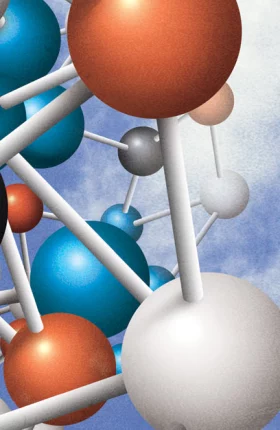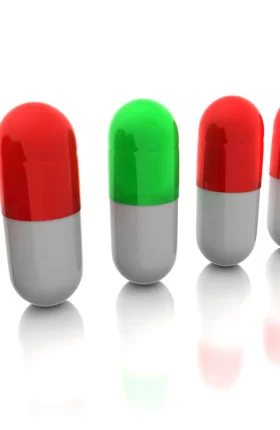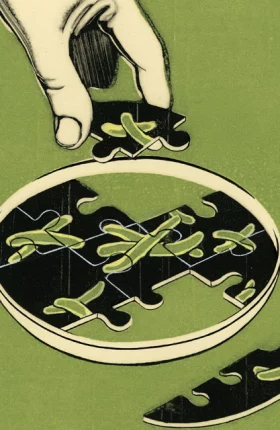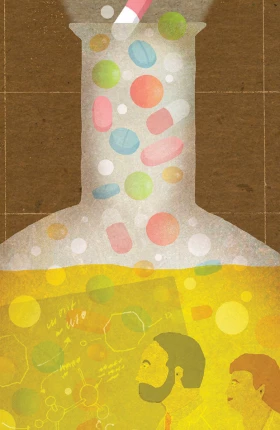The ability to identify and leverage new technologies has created tremendous value in pharmaceutical research and development (R&D). From monoclonal antibodies to recombinant DNA technology and protein engineering, targeted and technology-driven therapies have substantially driven productivity and delivered vast returns on investment in R&D.
For the hard-hit pharmaceutical industry—continually asked by investors and observers whether the discovery of new drugs is unprofitable and unsustainable—advances in technology hold great promise. And new drug classes have emerged that combine the features of conventional small-molecule drugs with those of biologics, such as antibody-drug conjugates and small-molecule inhibitors of protein-protein interactions. These new drug classes offer impressive scientific and commercial potential.
Successful new drug classes are often conceptually simple, resting on simple target hypotheses that address relatively well-understood biology. The challenges, therefore, lie not in the science but in navigating an array of investment and timing decisions. In an editorial published in the July 2013 issue of Drug Discovery Today, BCG’s Christoph Meier, Sarah Cairns-Smith, and Ulrik Schulze explore the emergence of these new drug classes and outline questions for companies to consider.





